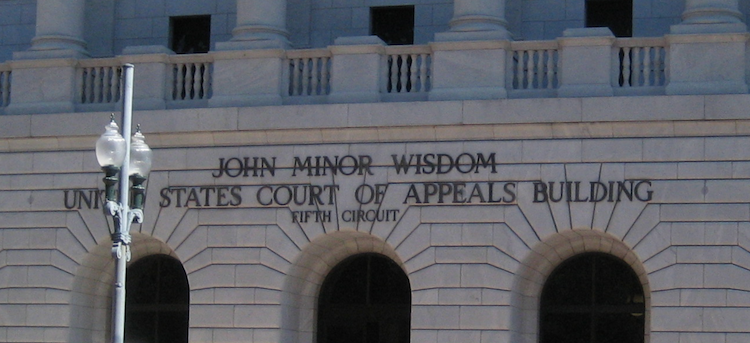Supreme Court accepts challenge to funding of consumer bureau that could put 12 years of CFPB actions at risk

Photo by Infrogmation, CC-BY-SA-3.0, via Wikimedia Commons.
The U.S. Supreme Court on Monday agreed to decide whether the funding process for the Consumer Financial Protection Bureau violates the appropriations clause.
The Supreme Court agreed to hear the case after an October 2022 decision by the 5th U.S. Circuit Court of Appeals at New Orleans. The appeals court held that the CFPB’s “perpetual self-directed, double-insulated funding structure” violates the appropriations clause and separation-of-powers principles enshrined in the clause.
The appropriations clause states that: “No money shall be drawn from the Treasury but in consequence of appropriations made by law.”
The CFPB is funded by the Federal Reserve, an arrangement intended to insulate the agency from politics. Each year, the CFPB requests an amount of money determined to be reasonably necessary to carry out the bureau’s functions. The Federal Reserve must then transfer that amount to the bureau, as long as it doesn’t exceed 12% of the Federal Reserve’s total operating expenses.
The 5th Circuit said the funding process is problematic partly because the Federal Reserve is funded through bank assessments, rather than the appropriations process, creating double insulation from budgetary review. In addition, the CFPB has a “capacious portfolio of authority” and a single director answerable only to the president.
The government’s cert petition argues that the appropriations clause is satisfied because Congress created the funding structure. The 5th Circuit decision striking down the funding mechanism “calls into question virtually every action the CFPB has taken in the 12 years since it was created,” the cert petition says.
Prior coverage by Slate sees even more widespread repercussions if the Supreme Court rules for payday lenders that challenged the funding. According to Slate, a ruling invalidating CFPB funding could also threaten Medicare, Medicaid, Social Security, the Affordable Care Act, unemployment benefits, child nutrition assistance and other programs with no end date for spending.
The 5th Circuit ruled in a challenge to a CFPB payday lending rule that bars covered lenders from trying to withdraw payments from consumer bank accounts after two prior attempts failed because of a lack of funds, unless there is a new authorization by the consumer.
The case is Community Financial Services Association of America v. CFPB.
The SCOTUSblog case page is here.



